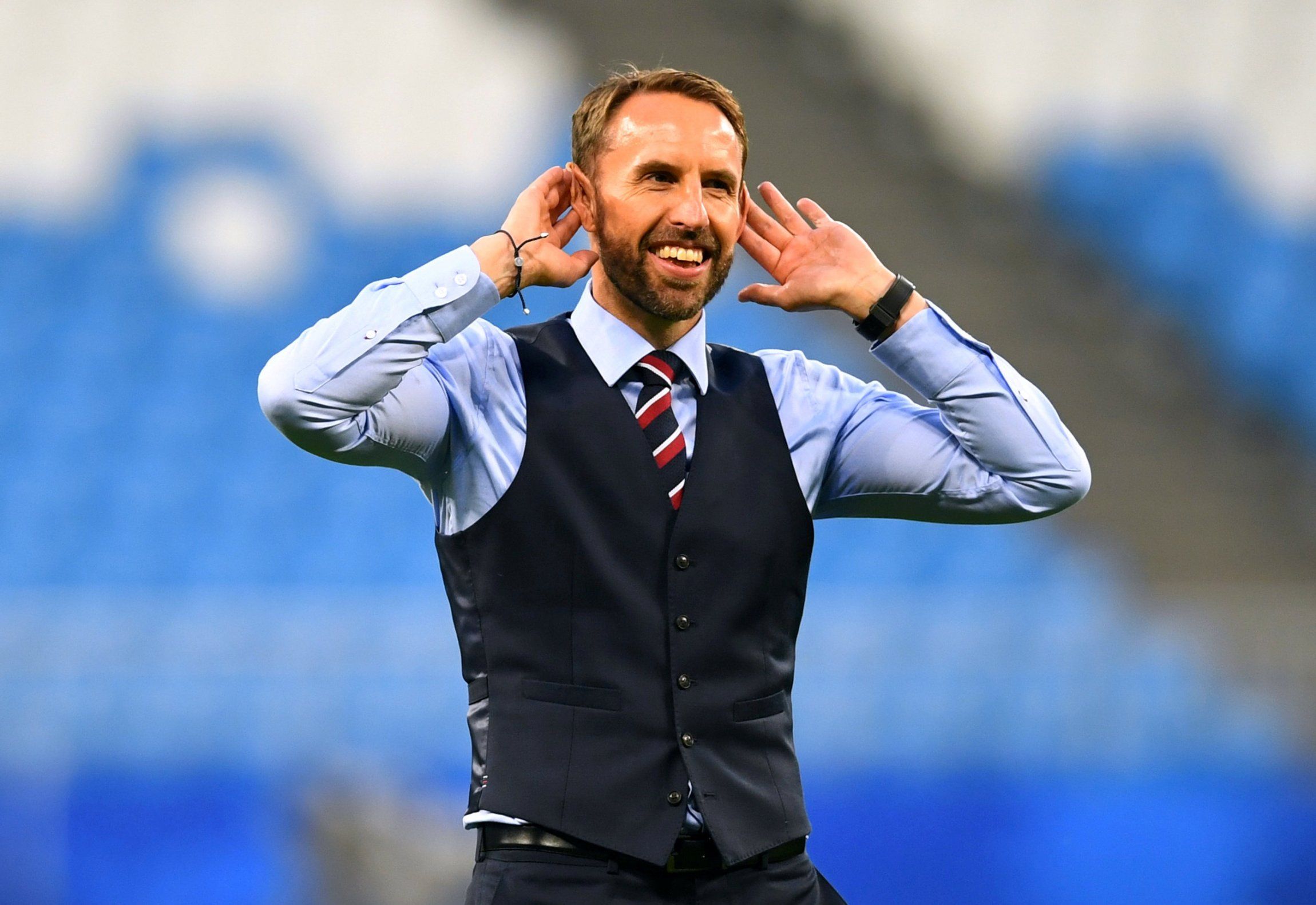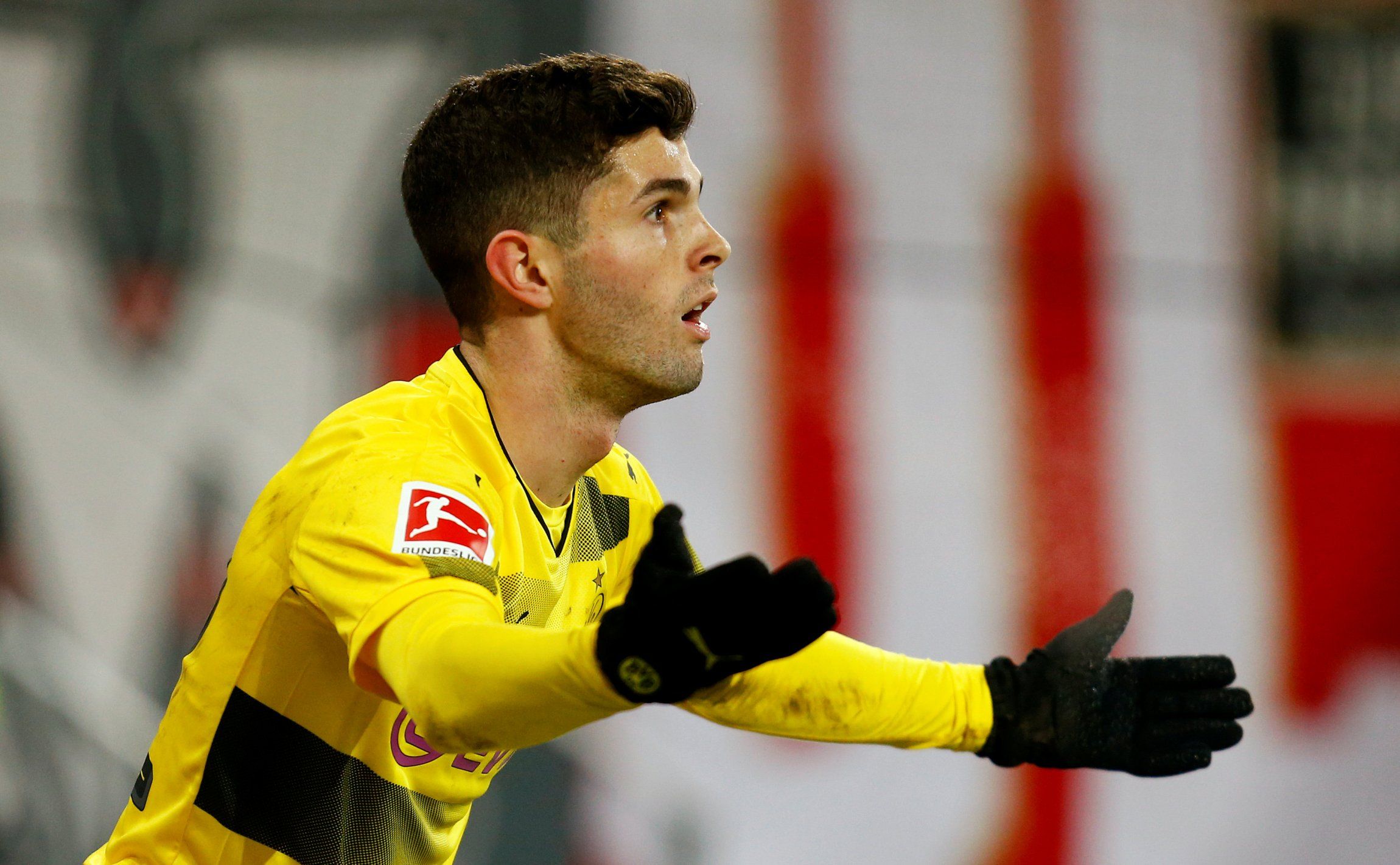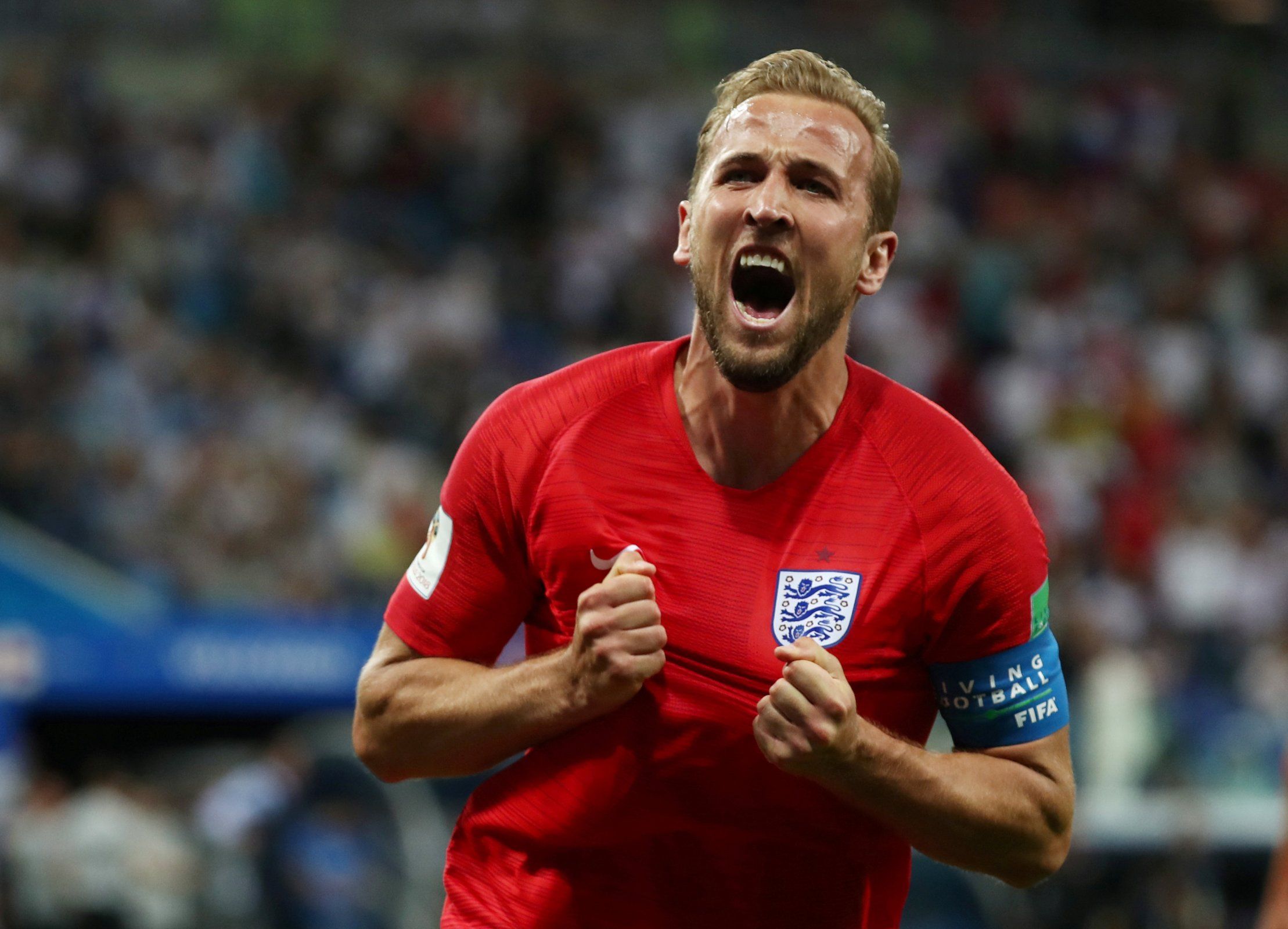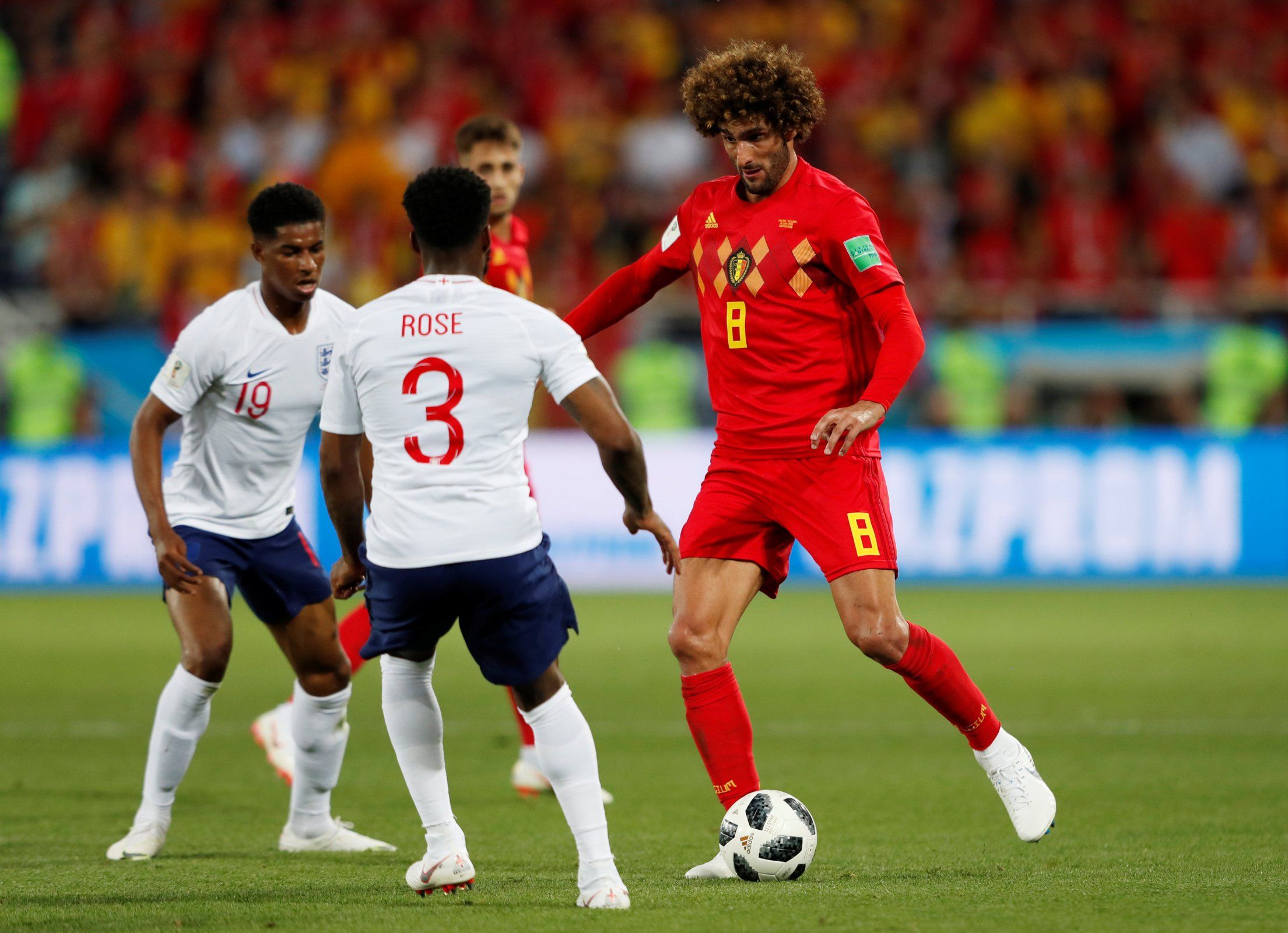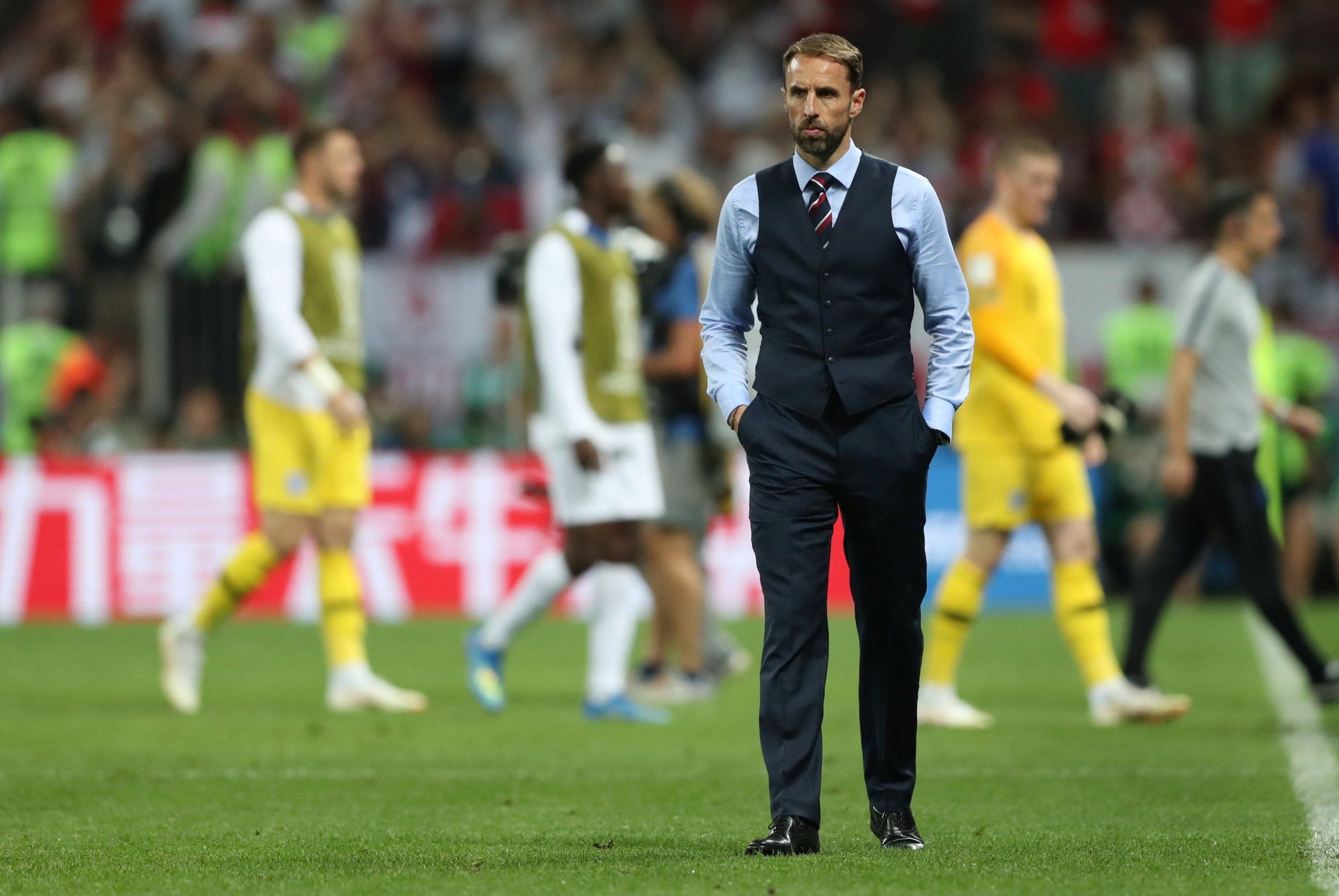When I arrived in London from the United States back in May and stepped into the office of Snack Media for the first time, my head was swirling. About to spend a summer across the pond in between semesters at university, it was the beginning of an opportunity to write about football and immerse myself in a culture diametrically opposed to what I was raised in.
I had goals and expectations upon arriving at Snack — like how to better diversify my voice and infuse it with a degree of opinion, all the while working in a foreign work environment — but one of my curiosities burned deep. I had to know; what was the consummate opinion on the England national team among English football fans?
This was the perfect place to find out. Here was a room full of people who not only were interested in writing about but also love sport, each one of them grew up with and had special connections with football. Who better to crowd source on the matter than my coworkers?
During my first month at Snack, I was standing inside a local dry cleaner’s with FFC’s editor-in-chief, James Jones, before grabbing a cup of coffee, and I had my opportunity. England were just a few days away from playing their first World Cup group stage game against Tunisia, and I had to know the expectations.
His sentiment echoed that of just about every English person I consulted, which was some iteration of:
'It’s a young side with talented players, but this is a team that has broken our heart every four years for three decades. They have the ability to make the quarterfinals, but expecting them to do so is foolish. Let’s see them prove it.'
To a degree, England did, and to see a country’s perspective - which has been held for decades - change within a month was nothing short of astonishing.
…
As an American and supporter of the national team, coming to England during the World Cup was an attractive prospect. Due to their inability to beat Trinidad & Tobago — you read that right — the US failed to qualify. Despite two encouraging previous World Cups that saw them advance past the group stage — and even though they boast one of the world’s brightest young stars in Christian Pulisic — American football fans feel relatively lost at the moment.
I didn’t become an England fan when I came over — maybe a pseudo-fan at most — but it was easy to see the benefit of the Three Lions having success. Seeing the fans party on after a World Cup win would partially fill the hole in my heart created by America's absence, among other things. But over everything, I looked forward to enjoying the English World Cup experience up close.
But experiencing the truth of English fandom was its own little delight. I didn’t think the English would expect England to win the World Cup, but I was moderately shocked when I saw sparse confidence before the Tunisia game. The Three Lions were heavy favorites to win the first match, but if you asked the fans, Tunisia might as well have been Brazil.
Yet, minutes after Harry Kane’s second goal that gave England a 2-1 lead, England fans flooded out of the Famous Three Kings pub across from my flat, chanting “IT’S COMING HOME.” How did lukewarm anticipation turn into boundless celebration after one match? I think that’s exactly what sport fandom is, at every level — all it takes is a bit of winning to turn the tide. One little push.
So when England beat Panama, and then Colombia, and then Sweden, not only did confidence grow and were expectations subverted, but also questions formed. How much does this England run really matter with an easy knockout draw? How important is it for the Three Lions to take advantage of a World Cup that’s seen powerhouses like Germany and Spain fall early?
The most intriguing of which: Is football really home?
To me, that’s really been the underlying query throughout the past month. It is ironic that a phrase — a mantra, really — that served as a facetious callback to a self-deprecating song went on to represent an actual statement of belief. But as much as fans have succumbed to the “It’s Coming Home” chant, just as many have pondered whether a World Cup in which England fall short could still be a successful one.
Indeed, with Gareth Southgate’s decision to rest his starters in England’s last group match against Belgium in order to get a better draw in the knockout round largely paying off, the Three Lions path to the final wasn’t especially challenging. They didn’t have to face any of the top seven sides ranked by FiveThirtyEight before the tournament in the knockout round, thus presenting a great opportunity.
Some voiced concern that an England loss would be a waste of that opportunity. Yes, England are a young side and the players will only develop into better versions of themselves, but that won’t stop them from the prospect of an unlucky draw against a country like France four years from now.
But just like Croatians shouldn’t consider their World Cup a failure because they lost in the final — Croatia had just a seven per cent chance of making it that far before the tournament — England should be elated with their performance in Russia.
Every possible finish other than first will come with a caveat. Yes, Belgium played like one of the best teams in the world and third place is nothing to sneeze at, but they were two wins away from winning and now a supposed golden generation might be coming to a close. No matter the lowly and cynical expectations of the Three Lions, there will always be a portion of fans who are outraged at a semi-final finish.
However, seeing how much a collective opinion shifted in a matter of weeks goes to show how much this World Cup mattered to the country of England. For the first time in a long while, people have confidence in their manager, despite Southgate showing some flaws at times.
There appears to be a clear direction with this side, and though they struggled to score effectively from open play, that issue should be resolved as this group of players become more familiar with each other.
Football didn’t come home in 2018, but from an outsider’s perspective, the World Cup reestablished a sense of pride English fans hadn’t had in their football team for a generation.
[brid autoplay="true" video="269905" player="12034" title="Football's Coming Home The Myth Behind 'Three Lions'"]

